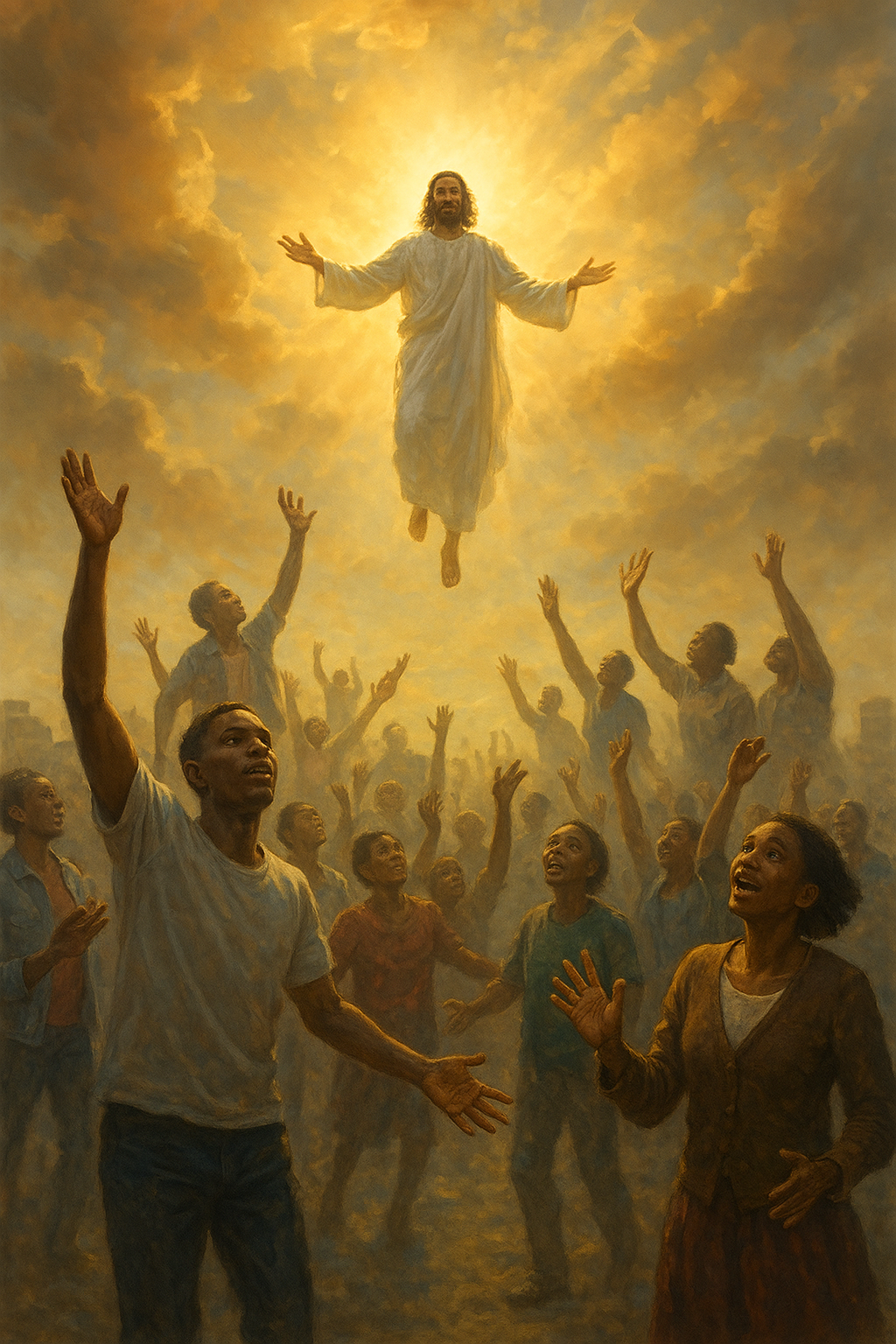
How a South African Pastor’s Rapture Date Set Social Media Ablaze, and What Happened After
Many believe the prophecy triggered real-life behaviors: some followers reportedly quit jobs, sold possessions, or made spiritual preparations, treating the prediction as a lived certainty.
Johannesburg, South Africa (September 24, 2025)
South African religious figure Joshua Mhlakela gained international attention when he declared that the Rapture, an event in Christian eschatology in which believers are taken up to heaven, would occur on September 23 or 24, 2025.
In an interview with the YouTube channel CettwinzTV, Mhlakela said he had seen visions of Jesus, describing the scene as Jesus seated on a throne and speaking directly to him: “I am coming soon.” He added that in this vision, Jesus told him that on those specific dates He would “come to take my church.”
Mhlakela has said he was born in 1982 and is originally from Cape Town, though he currently resides in Johannesburg. He recounted some experiences from his life, including a difficult birth, reported attempts on his mother by spiritual forces, and a period during adolescence when he struggled with suicidal thoughts, which he says were overcome by divine intervention.
He claims that by around 2000 he became a Christian, and later served as an assistant pastor before deciding in 2016 to start his own ministry. Intriguingly, he does not formally style himself as a pastor, apostle, or bishop; rather, he describes himself simply as a believer who shares divine messages.
After Mhlakela’s prophecy went public, it galvanised rapid propagation through social media, especially TikTok under the hashtag #RaptureTok, as users shared videos reacting to the possibility of the end times.
Some believed while others responded with skepticism, memes, satire, or warnings that this follows a long history of failed apocalyptic claims.
Media coverage framed the phenomenon variously as religious fervor, social media contagion, and a cultural moment of apocalyptic anxiety. Some outlets noted that the prophecy coincided with Rosh Hashanah, the Jewish New Year, lending the date symbolic weight in apocalyptic interpretations.
Religious scholars and commentators cautioned that predictions of exact dates for the Rapture run counter to many Christian theological traditions, especially those citing passages like Matthew 24:36, which states “no one knows the day or the hour.”
As the days passed without the predicted event, many observers began to wonder how faithful adherents would respond. Some expressed disappointment or embarrassment; others attempted to reinterpret the prophecy, suggesting the dates were symbolic or that the event has been delayed or spiritualized.
Meanwhile, commentators drew from historical precedents of failed apocalyptic predictions—such as Harold Camping’s 2011 prediction or the “Great Disappointment” of 1844—to frame this as part of a recurring pattern in religious movements.
Psychologically, this episode has relevance to what is sometimes called rapture anxiety, a phenomenon in which intense stress surrounds expectations of being left behind in end-times theology. Observers suggest that such predictions gain traction especially in times of social uncertainty, when people may look for certainty or divine pattern amid chaos.
In sum, Joshua Mhlakela’s prophecy and the viral response it provoked underscore both the power of modern media to amplify religious messages and the enduring tension in faith communities over predictions of end times. Whether believers respond with renewed faith, disillusionment, or reinterpretation, the episode adds yet another chapter to the long history of prophetic claims and their social ripples.